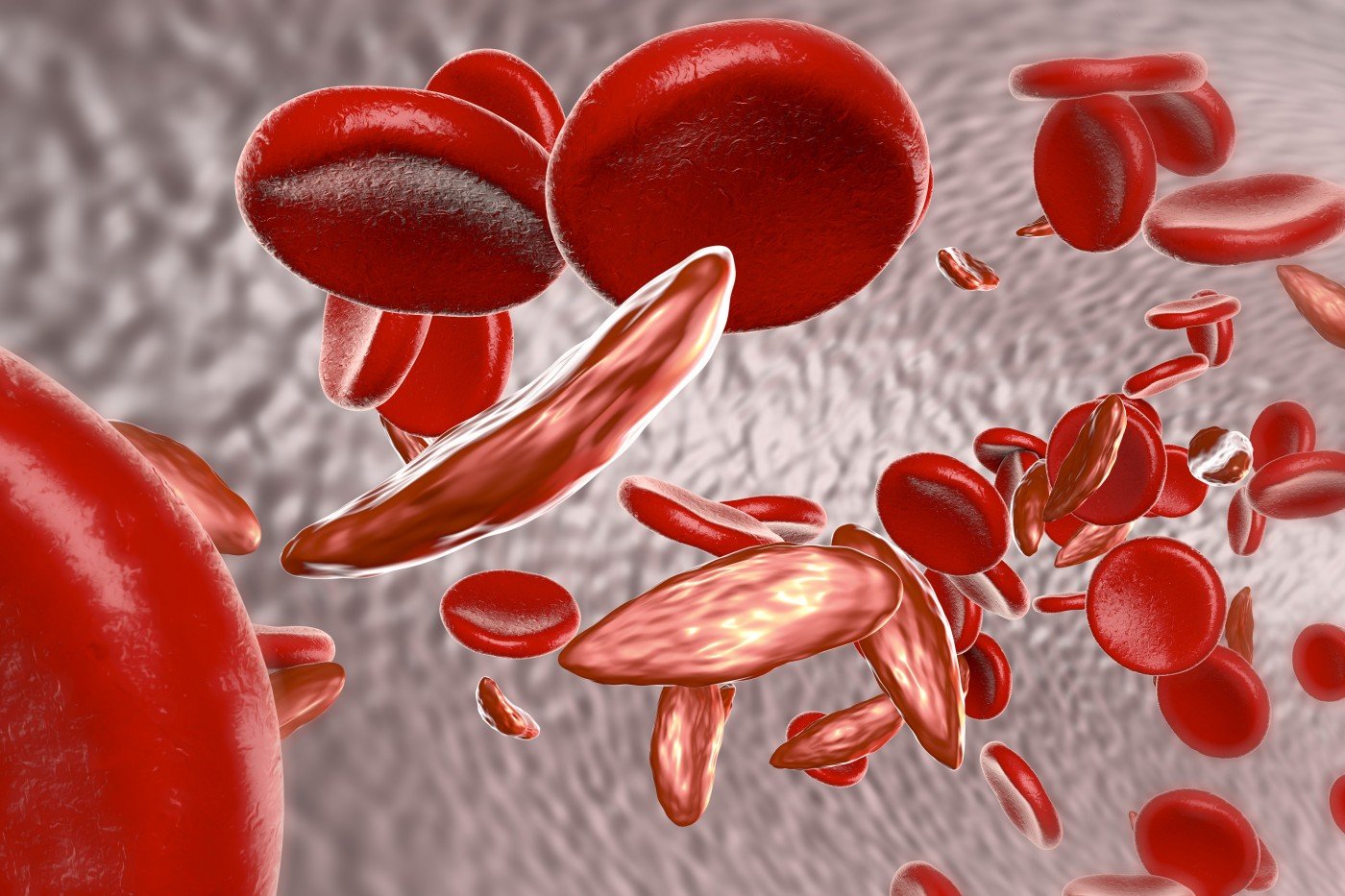NIH Awards $4 Million for Research on Inhaled Corticosteroids for SCD
Written by |

shutterstock
The National Institutes of Health (NIH) has awarded $4 million to the departments of emergency medicine and hematology at the Icahn School of Medicine at Mount Sinai Hospital in New York City to test a creative new approach for treating sickle cell disease (SCD).
The strategy involves inhaled corticosteroids that will deliver the anti-inflammatory medication directly to the patient’s lungs.
The lungs are the only organs in the body that can reverse the sickling of red blood cells. The lack of normal hemoglobin in SCD causes red blood cells to adopt the sickle shape characteristic of the disease. It is thought that the sickling of red blood cells causes inflammation, leading to pain attacks, infections, stroke, or worse.
Patients with symptoms of inflammation in the lungs are four times more likely to die prematurely. The grant will fund the IMPROVE 2 study, a one-year randomized, placebo-controlled clinical trial to test the new treatment in 80 SCD patients.
In Mount Sinai’s first study of inhaled steroids for SCD, IMPROVE-1 (NCT02061202), 52 patients were treated with inhaled steroids that are FDA-approved for other conditions.
Inhaled steroids can reduce systemic inflammation, hemolysis (the destruction of red blood cells), and daily pain. Partial results of a study that showed that were in the article “Inhaled steroids reduce pain and sVCAM levels in individuals with sickle cell disease: A triple‐blind, randomized trial,” published in the American Journal of Hematology.
“In sickle cell disease, the interaction between the lung and red blood cells represents a potentially high-value therapeutic target,” said Jeffrey Glassberg, MD, in a press release. He is an associate professor of emergency medicine and of medicine (hematology, and medical oncology) at the Icahn School of Medicine.
“Hydroxyurea is the primary FDA-approved drug for treatment, but it is underutilized due to side effects, stigma, and fertility concerns. Other promising drugs are coming, but their costs, efficacy, and scalability are hard to predict at this point. Inhaled corticosteroids offer a creative new approach with the potential to dramatically improve patient outcomes,” he said.
The Mount Sinai Health System is New York City’s largest integrated healthcare delivery system that includes seven hospital campuses, a leading medical school, and a broad network of outpatient practices throughout the greater New York region. The system employs about 6,600 primary and specialty care physicians.





